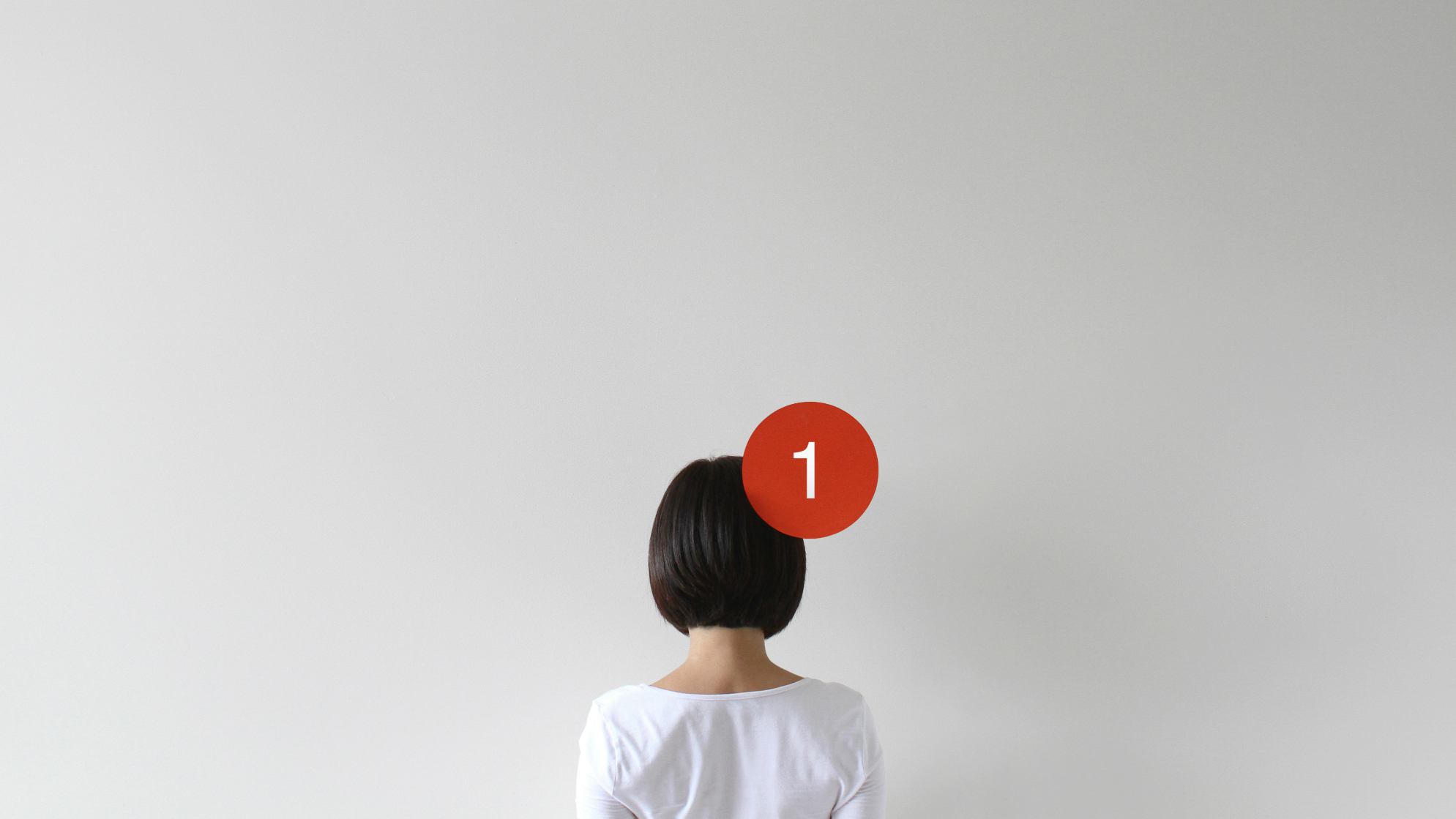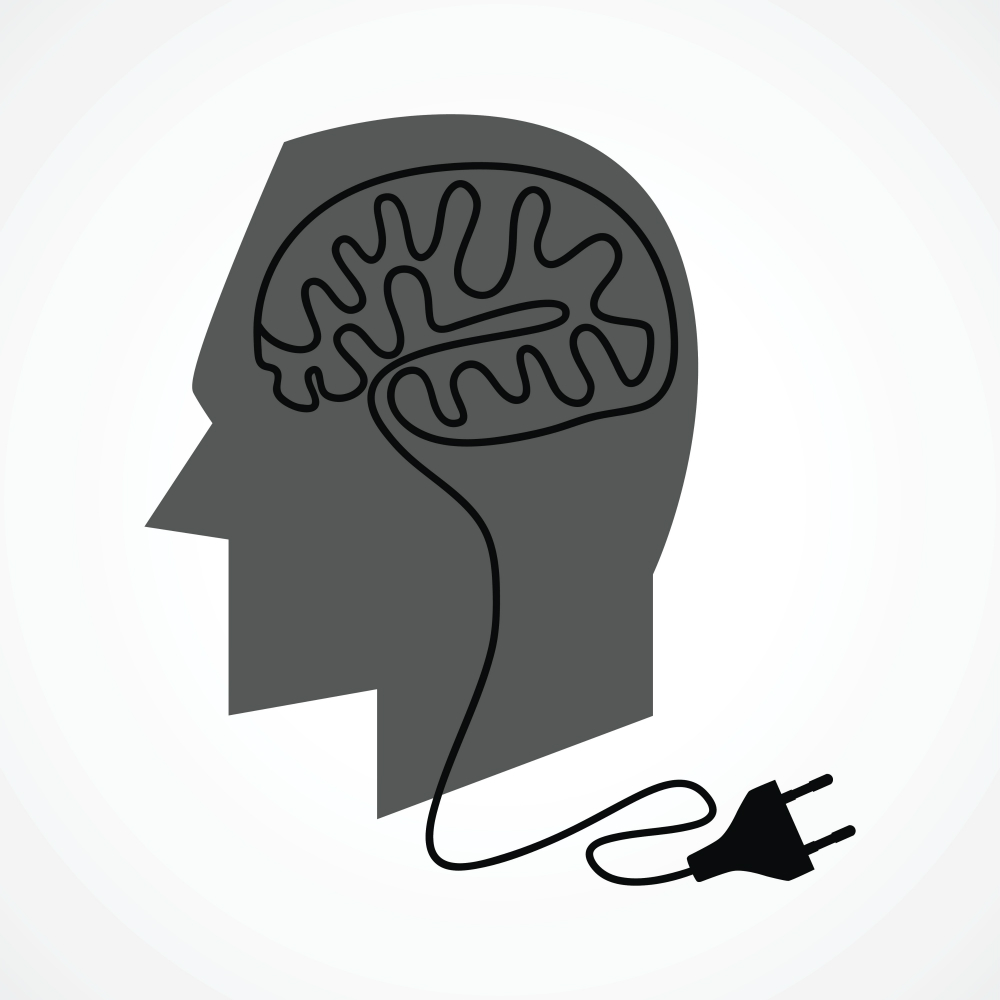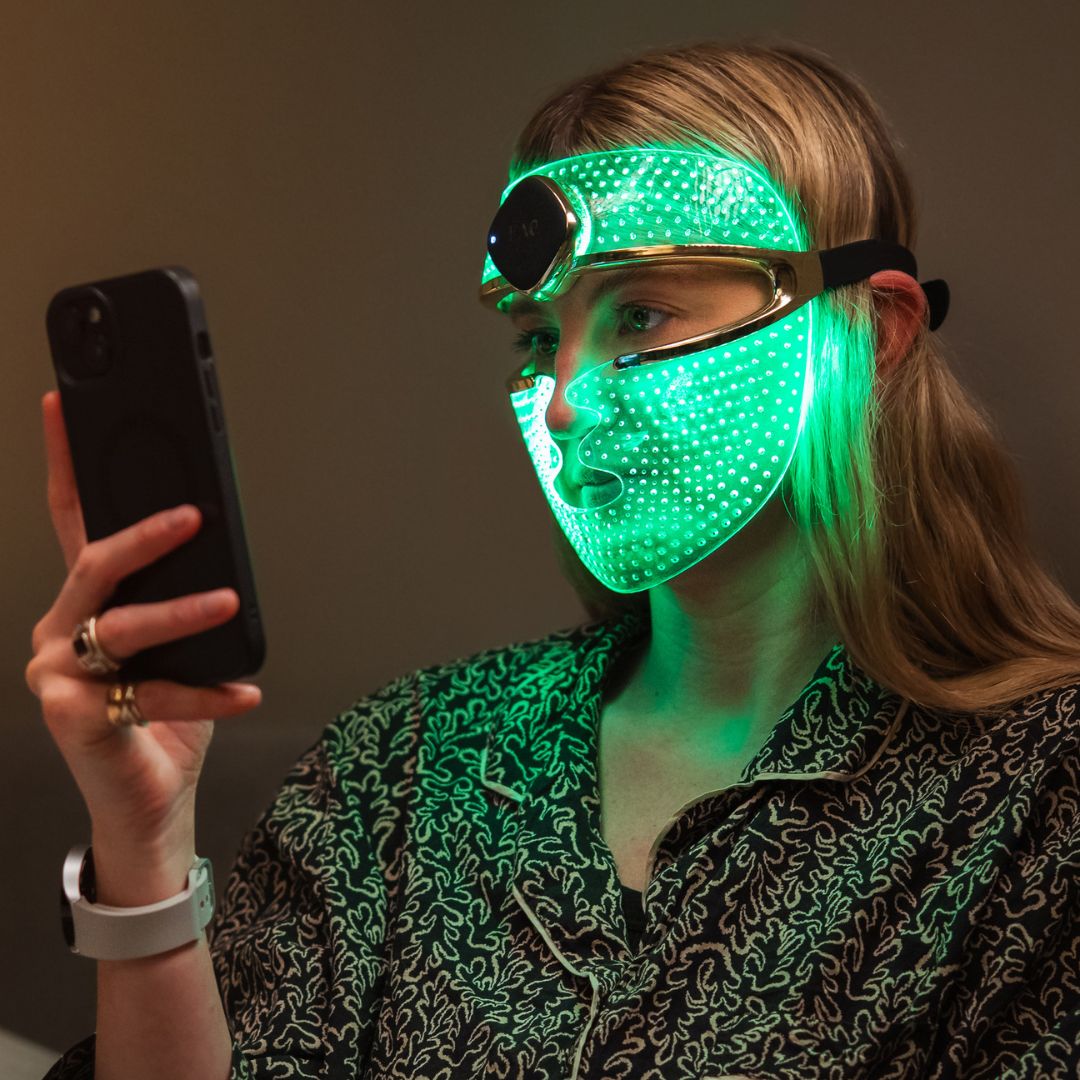Dopamine fasting is apparently now a thing - so we looked into it...
It’s the latest wellness trend direct from Silicon Valley in the States but what exactly is this new fad and does it actually work?


It’s the latest wellness trend direct from Silicon Valley in the States but what exactly is this new fad and does it actually work?
Words by Clare Thorp
From Gwyneth Paltrow's vaginal steaming to LSD micro-dosing, the past decade saw some pretty out there wellness trends —and just as it drew to an end, we were gifted with one more: dopamine fasting.
Dopamine is a neurotransmitter - a chemical messenger in the brain which plays an important role in motivation, reward and pleasure. It can be triggered by all sorts of things, such as food, sex, music, socialising, watching TV and teaches us that those behaviours are worth repeating.
The idea of dopamine fasting originated in - where else - Silicon Valley. Yes, the place that has spent years carefully engineering and designing their products and apps to exploit the dopamine system and get us hooked has now decided that overloading our brains with this chemical might not be such a good idea after all. Some think we’re so overstimulated by things like social media, TV and the internet, that we’ve become desensitised to pleasure.
The answer? An enforced break from doing anything that triggers dopamine to 'reset' our brains and allow us to appreciate the simple things again. This isn’t your bog standard digital detox. Avid dopamine fasters cut out all stimulating and pleasurable activities from their lives - eating, entertainment, exercise, screen time, even conversation - for periods of 24 hours or more. A viral New York Times piece on the trend featured a startup founder called James Sinker explaining how during a fast he 'avoid[s] eye contact because it excites me.'

Inevitably, the idea of dopamine fasting has been ripped apart by many. Experts are widely skeptical too. As Dr Ciara McCabe, Associate Professor in Neuroscience at the University of Reading explained in a piece breaking down the science of the trend, dopamine plays an important role in lots of everyday functions and it’s not a good idea to try and reduce it. Also, the idea that we can somehow 'reset' our brains by avoiding dopamine triggers for a short while is 'nonsense'.
Marie Claire Newsletter
Celebrity news, beauty, fashion advice, and fascinating features, delivered straight to your inbox!
Yet get away from the extreme examples, and there are some useful ideas behind the concept. 'The general idea is that cutting back on things that you are finding problematic in your life is a good thing, of course and this makes sense,' Dr McCabe admits.
Dopamine is released in anticipation of pleasurable activities. It’s the notifications that ping on our phone and make us think there might be an exciting message that trigger it, not the message itself. If we want to cut back on certain behaviours - like an addiction to social media - we need to reduce our exposure to the cues that trigger this.
'One role of dopamine is to initiate motivation to seek rewards,' says Dr McCabe. 'Dopamine activates to the signals that rewards (such as Facebook likes) are coming, like a notification sound on your smartphone. Turning off notifications is a simple way to not activate dopamine which helps to reduce the drive to constantly check your phone for rewards.'
Even Dr Cameron Sepah, a pioneer of dopamine fasting, admits the name is a bit misleading. He says it’s not about reducing dopamine itself but impulsive behaviours, by avoiding the stimuli that encourage our addiction to certain activities. That could be putting our phone away and using special software to stop us aimlessly surfing the internet or learning how to recognise our urges and let them pass without acting on them.

While it’s easy to mock the extreme examples of dopamine fasting, the concept is one that resonates with me, as I’m aware how reliant I’ve become on these easy 'hits'. I hate how difficult I now find it to get lost in a book - something I’ve always loved - without stopping to check my phone. Or how easy it is to binge watch three episodes of a TV show instead of getting outside or spending time writing. My brain feels frazzled from all the tech, yet I keep coming back to it - clearly looking for that dopamine rush I’ve become so dependent on. Silicon Valley product developers have got me right where they want me.
So, with a long weekend in Somerset planned I decided to try out my own version of dopamine fasting. I didn’t go as far as the tech bros - though several days by myself in a rural cottage limited social contact anyway. I drew the line at denying myself food - there was far too much Cheddar to be eaten. Well, come on, I was in Somerset.
But I logged off all social media, put an out of office on my email and swapped binge watching Netflix shows for reading the novels I’d been meaning to for ages. I went for long walks. I surrounded myself with nature. I wasn’t denying myself pleasure - but I was stepping away from the quick hits of stimulation for more slower gratifications. At first I felt twitchy, but a couple of days in my mind felt clearer, I was going to bed earlier and spending two hours lost in a book with no urge to reach for my phone.
Did it reset my brain? I don’t think so. But it did make me realise how reliant I was on instant gratification - a Netflix binge, a quick scroll through Twitter - at the expense of things that truly brought me pleasure. Dopamine fasting might be a fad, but the basic idea of setting boundaries and taking time away from stuff we’re become hooked on and habits that aren’t that good for our wellbeing makes sense. And no, you really don’t have to avoid eye contact to do it.
Maria Coole is a contributing editor on Marie Claire.
Hello Marie Claire readers – you have reached your daily destination. I really hope you’re enjoying our reads and I'm very interested to know what you shared, liked and didn’t like (gah, it happens) by emailing me at: maria.coole@freelance.ti-media.com
But if you fancy finding out who you’re venting to then let me tell you I’m the one on the team that remembers the Spice Girls the first time round. I confidently predicted they’d be a one-hit wonder in the pages of Bliss magazine where I was deputy editor through the second half of the 90s. Having soundly killed any career ambitions in music journalism I’ve managed to keep myself in glow-boosting moisturisers and theatre tickets with a centuries-spanning career in journalism.
Yes, predating t’internet, when 'I’ll fax you' was grunted down a phone with a cord attached to it; when Glastonbury was still accessible by casually going under or over a flimsy fence; when gatecrashing a Foo Fighters aftershow party was easy-peasy-lemon-squeezy and tapping Dave Grohl on the shoulder was... oh sorry I like to ramble.
Originally born and bred in that there Welsh seaside town kindly given a new lease of life by Gavin & Stacey, I started out as a junior writer for the Girl Guides and eventually earned enough Brownie points to move on and have a blast as deputy editor of Bliss, New Woman and editor of People newspaper magazine. I was on the launch team of Look in 2007 - where I stuck around as deputy editor and acting editor for almost ten years - shaping a magazine and website at the forefront of body positivity, mental wellbeing and empowering features. More recently, I’ve been Closer executive editor, assistant editor at the Financial Times’s How To Spend It (yes thanks, no probs with that life skill) and now I’m making my inner fangirl’s dream come true by working on this agenda-setting brand, the one that inspired me to become a journalist when Marie Claire launched back in 1988.
I’m a theatre addict, lover of Marvel franchises, most hard cheeses, all types of trees, half-price Itsu, cats, Dr Who, cherry tomatoes, Curly-Wurly, cats, blueberries, cats, boiled eggs, cats, maxi dresses, cats, Adidas shelltops, cats and their kittens. I’ve never knowingly operated any household white goods and once served Ripples as a main course. And finally, always remember what the late great Nora Ephron said, ‘Everything is copy.’
-
 New Look’s spring collection has dropped - As a picky fashion editor, I’m seriously impressed
New Look’s spring collection has dropped - As a picky fashion editor, I’m seriously impressedSpring trends at affordable prices
By Jazzria Harris
-
 I'm the founder of an ethical brand marketplace - why, in the wake of tariff-gate, protecting independent businesses is more important than ever
I'm the founder of an ethical brand marketplace - why, in the wake of tariff-gate, protecting independent businesses is more important than everThis Earth Day, the founder of Wolf & Badger shares why protecting sustainable brands is so pivotal.
By Ally Head
-
 Three ways to enhance your skincare routine with technology
Three ways to enhance your skincare routine with technologyBy Jenny Proudfoot